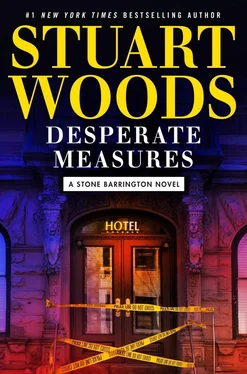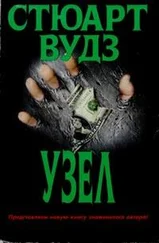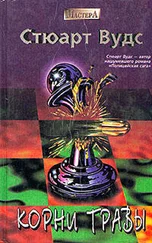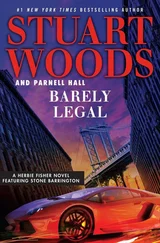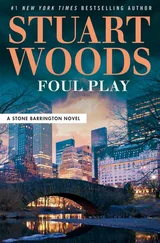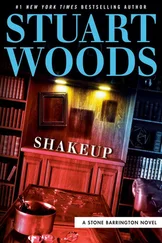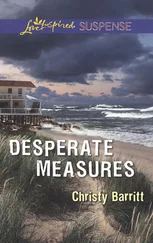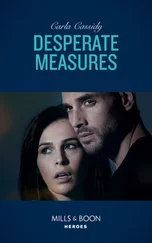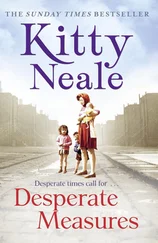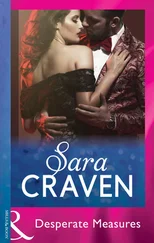“Your finger is outside the trigger guard,” Stone said. “Was it like that when you were approaching the manager’s office?”
“Yes. It’s how I was trained. You never touch the trigger, unless you intend to fire.”
“All right, now set the gun on the coffee table.”
She did so.
“Continue, please.”
“I could see part of the office, and it seemed to be intact — I mean I could see a corner of the desk and a lamp. I halfway tripped over something, and as I regained my balance, my heel struck the floor, which is marble, and it made a noise. Immediately, the music was turned off.”
“Completely off? Not just turned down?”
“Off or down so low I couldn’t hear it anymore. I was right outside the door by then, and I heard something move inside the office. I stuck my head inside, and there was a man standing behind the desk.”
“Did you recognize him?”
“No, he was wearing black coveralls, like a jumpsuit, and he had a hood over his head, with holes cut out for the eyes.”
“Was he armed?”
“He had his right hand inside the coveralls at his chest, so I assumed he was about to draw a weapon. I stepped forward into the office and yelled ‘Freeze!’ the way I was taught during training.”
“Where was your trigger finger at this time?”
“I moved it from the trigger guard to the trigger. Then it was like slow motion. His hand started to come out of his coveralls, and I fired once, at his chest, then the lights went off, and I felt him brush past me, knocking me off balance. I reached for something to steady myself, but I fell to one knee, which hurt, because I still have stitches in that leg.”
“Which leg?”
“My left. I reached out ahead of me and felt the desk, and I used that to support myself while I got my leg under me again, then I ran to the door and looked into the lobby.”
“Did you see the man?”
“No. The work light had gone off, and the only light in the room came from the lights on Lexington, coming through the glass front doors. I ran out into the street and looked both ways. Some cars passed, but I didn’t see anyone on foot.”
“Where was your gun then?”
“Still in my hand but pointed down at the ground. I kept it in my hand but turned the safety on and put the weapon in my coat pocket.”
“Did you go back inside to look for the man?”
“No, I was afraid to. I looked in my bag for my cell phone, then remembered that I had left it charging in my apartment. There were no pedestrians in sight and I didn’t see a police car. I started to walk downtown, half running, really, but that hurt, so I slowed down and walked as fast as I could without causing pain. Next thing I knew, I was back here.”
“All right,” Stone said, “I’m going to ask Dino to come back, and I want you to tell him everything you’ve just told me.”
“All right.”
Stone went to the door and opened it. “Dino,” he said, “Faith would like to speak to you now.”
Dino came into the room, sat down, and saw the gun on the coffee table. “Is that the gun you used to shoot the man?” he asked.
“She doesn’t know if she shot him,” Stone said. “She only knows that she fired, once.”
“Okay, let’s hear it all from Faith,” Dino said.
Faith began again, and when she had finished, Dino started asking her questions.
Sean Muldoon’s cell phone rang, and he answered it.
“Sean, this is Bacchetti.”
“Good evening, sir.”
“Where are you?”
“Just finishing dinner at P. J. Clarke’s,” Muldoon replied. He asked for the bill.
“Good. I know this isn’t task force work, but I want you and your partner to go over to the Lexington hotel and check out a report of gunshots fired.”
“Has a patrol car checked it out?”
“I want this checked out by detectives, and report to me.”
“Yes, sir.”
Dino told him Faith’s story. “I want you to get into the building, go into that office, and see if anybody’s there, and if there is, see if he has any bullet holes in him.”
“Yes, sir, we’re on our way.” Muldoon put some cash on the table, took the receipt, and stood up. “Let’s go,” he said to Calabrese. “I’ll brief you on the way.”
Calabrese parked the car outside the hotel and pulled down the driver’s sun visor, to show the police ID on the back. They went to the front doors of the hotel and tried each one; the last one was unlocked, and they went inside, weapons drawn. A single work light cast its glow over the gutted room.
They moved toward the light coming from another room, presumably the manager’s office.
“Hello?” a voice called out.
“Hello, yourself. This is the police. Come to the door and keep your hands in sight.”
A man appeared in the doorway, his hands up. “Don’t shoot,” he said.
“Who are you?”
“My name is Michael Adams. I’m the project manager on the remodel of this hotel.”
They frisked him, found nothing. “All right, relax,” Muldoon said. “What are you doing in here on a Saturday night?”
“I worked this morning. I left my wallet in my desk, and I came to get it.” He reached into an inside pocket and withdrew a wallet, then put it back into the pocket.
“How long have you been here?”
“Less than ten minutes,” Adams replied. “I was going out to dinner and realized my wallet wasn’t in my pocket.”
“Have a seat,” Muldoon said. “We need to look around your office, do you mind?”
“Not at all,” Adams replied. “Something I can help you with?”
“We’re looking for bullet holes,” Muldoon said.
Adams laughed. “In here?”
The two detectives searched the room for signs of gunfire and found nothing. “Smell anything?” Muldoon asked his partner.
“Demo,” he replied.
“Are there any bullet holes in you?” Muldoon asked Adams.
Adams laughed again. “I think I would have noticed,” he said, pulling back his jacket to reveal a shirt, unblemished by gunfire.
Muldoon pointed at a radio at one end of the desk. “Have you been playing music?”
“It’s always on when I’m working.”
“What station is it tuned to?”
“WNYC, public radio.”
“Mr. Adams, do you own a set of black coveralls?”
“I do not,” Adams replied. “I have a set of white coveralls in the closet over there that I used when demo was under way to keep my suit clean.”
Calabrese checked the closet. “They’re here,” he said, “and they’re white. No black ones. Some other stuff — a raincoat and some dry cleaning, still in the bags.”
“Mr. Adams,” Muldoon said, “to your knowledge, is there anyone else in the hotel right now?”
“No, there is not.”
“Have you heard any movement, any footsteps?”
“No, I have not.”
“How did you get into the building?”
“I have a master key,” Adams replied.
“When you arrived, was there an unlocked door?”
“I opened the one on the uptown side of the front. I didn’t try any of the other doors, as I locked them on Friday evening when I closed up.”
“How long ago did you unlock it?”
“Ten minutes, I guess.”
“Where did you have dinner?”
“I haven’t had dinner yet. I thought I’d go to an Italian place around the corner and eat at the bar.”
Muldoon looked at Calabrese. “I think we’re done here. Sorry to disturb you, Mr. Adams.”
“Not at all. I’ll walk you out.”
The three men left by the unlocked door, and Adams locked it. “Good night,” he said. He walked to the corner, turned it, and disappeared.
The detectives got back into the car, and Muldoon called the commissioner.
Читать дальше
